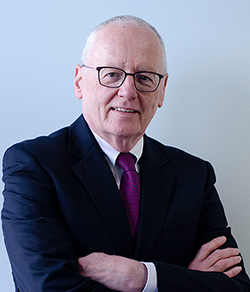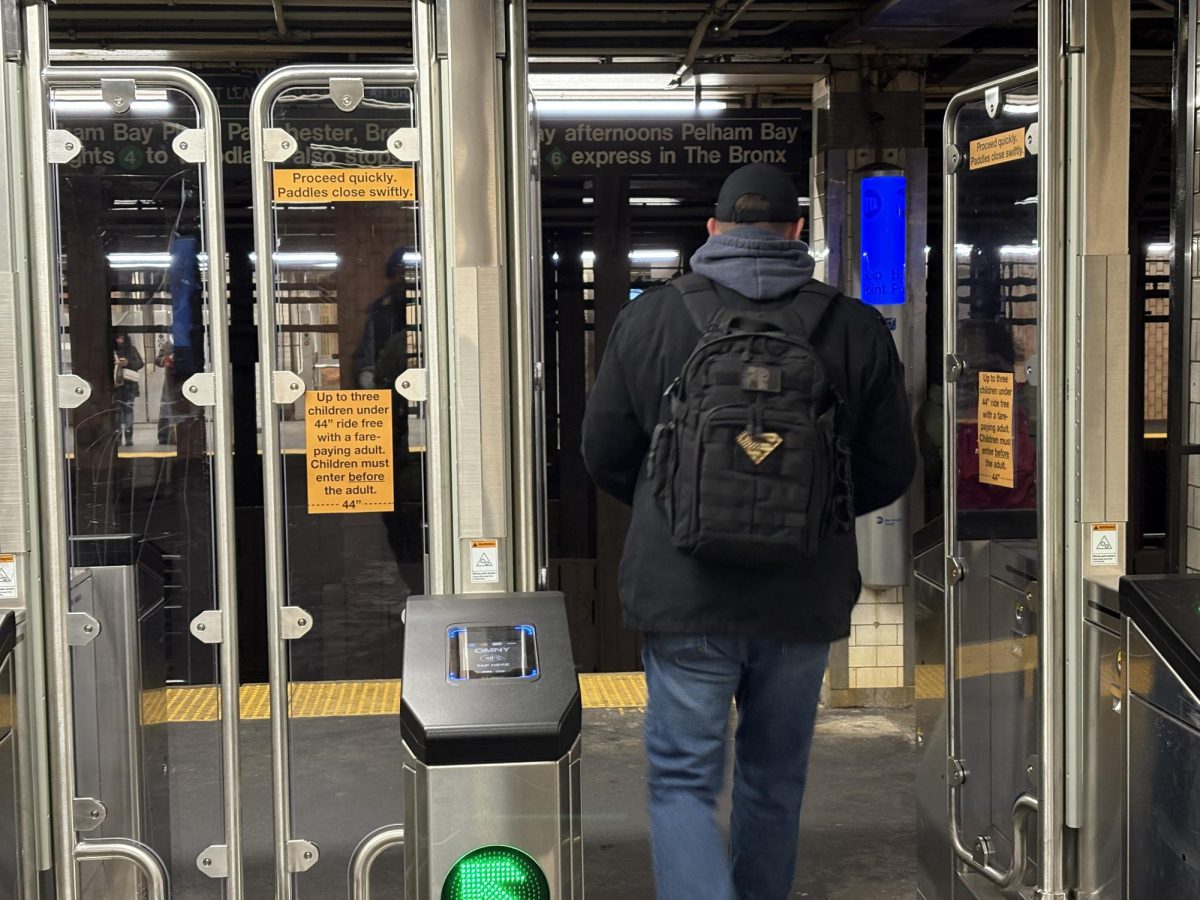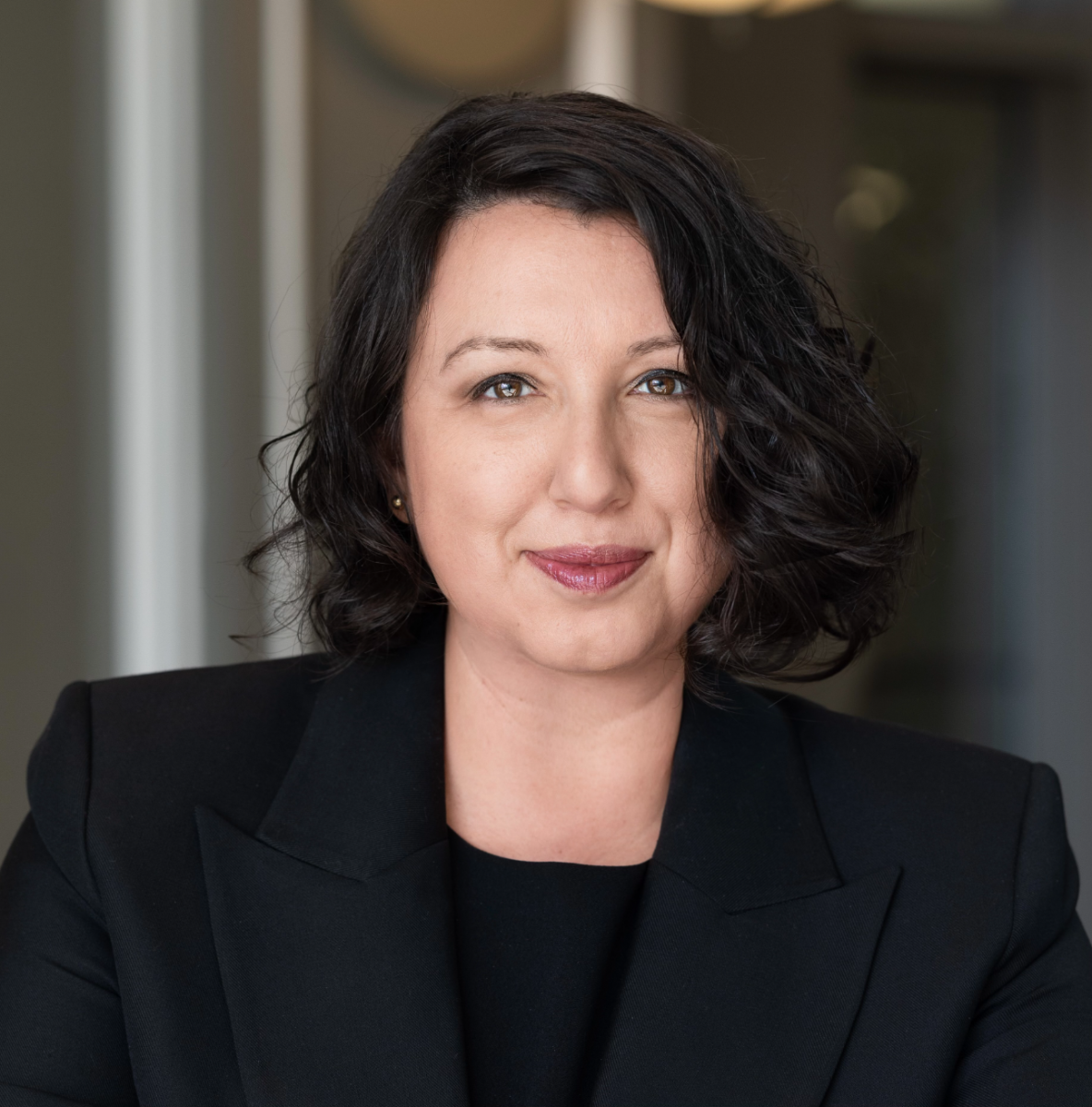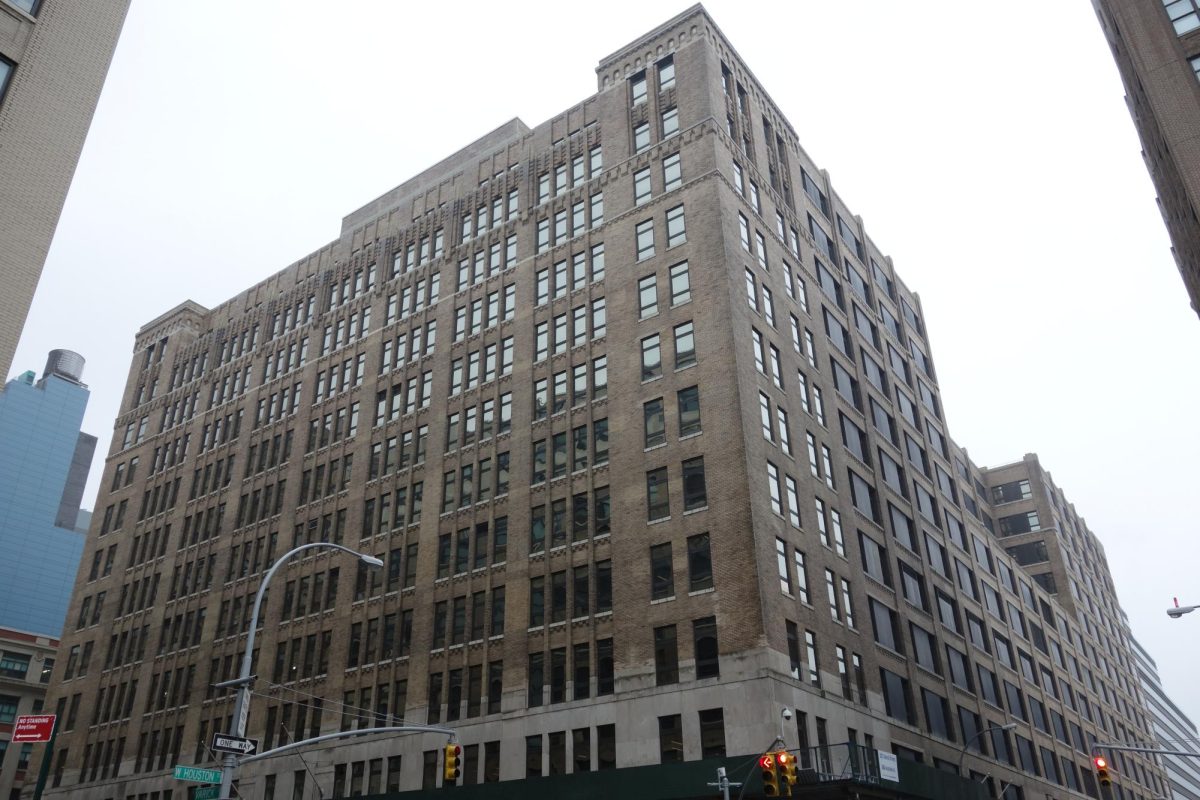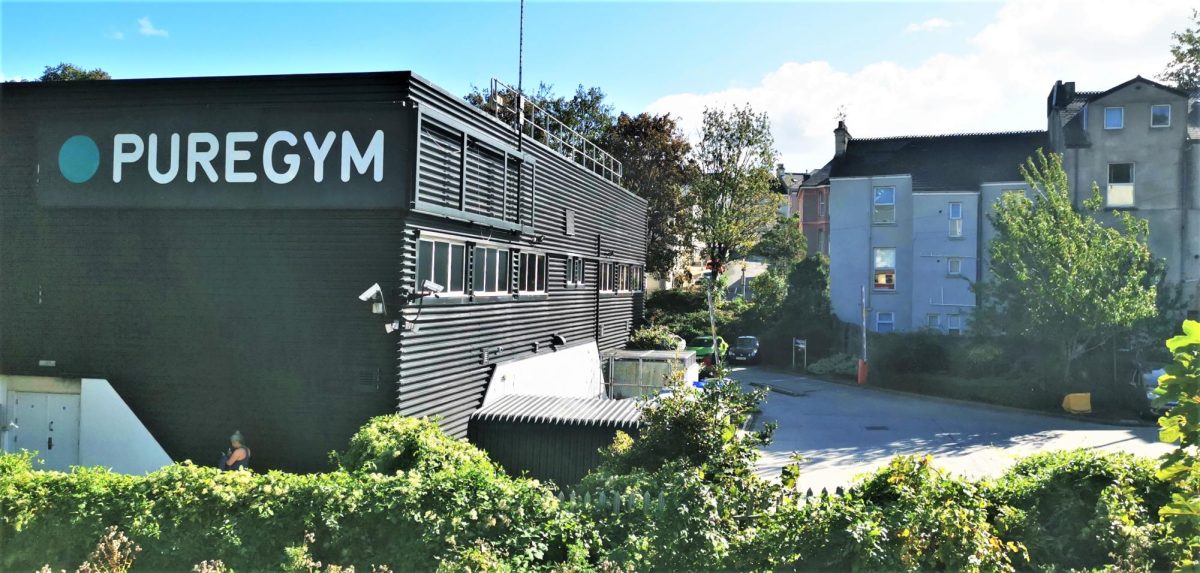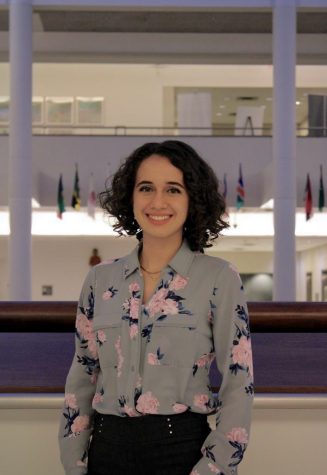Interim Baruch College Provost and Senior Vice President for Academic Affairs James McCarthy has returned from his four-week recovery from a COVID-19 infection.
On April 15, he shared a personal message with the Baruch community about his experience.
“The Baruch and CUNY to which I’m returning are profoundly different from the ones I left, but also as strongly committed as ever to the fundamental mission that has guided us for generations,” he wrote.
He offered his sympathies to those in the Baruch community who have been most affected by coronavirus. He wished a speedy recovery to those infected and offered his condolences to those who lost loved ones.
“Appropriate and effective words of sympathy and condolence are impossible to come by, especially in these most trying circumstances, when we are required to be isolated at the very time when the comfort of family and friends is most needed. But please know that our hearts and our deepest sympathies are with you as you mourn the loss of those dear to you,” he said.
In his letter, McCarthy also provided details about the timeline of his experience. After possible exposure to the virus, he began a self-quarantine in early March. He developed symptoms two weeks later, causing him to reach out to his primary care physician in Connecticut.
After his symptoms worsened, he was admitted to the Yale New Haven Hospital on March 24. There, it was confirmed that McCarthy had contracted COVID-19.
During his 10-day stay, he received exceptional care and support from the staff. He said it was a pleasant and calm environment since his stay occurred before coronavirus cases surged in the hospital.
He was discharged on April 2 after a complete recovery. Since then, he has been resting at home, overcoming lingering symptoms.
McCarthy wrote about how he, at first, saw his experience through the lens of luck.
“I was ‘lucky’ to get some advance notice of exposure; I was ‘lucky’ to be in a place where I could comfortably self-isolate … I was ‘lucky’ to have full access to a world-class academic health center 20 minutes from where I live,” he said.
However, upon further reflection, he realized his experiences were better characterized by privilege.
To illustrate this, he referenced an essay by Mitchel Cohen, a Baruch professor of political science, and an article in The Guardian. Both quotes discussed how inequality in race and class has manifested during this difficult time.
McCarthy related this reflection to CUNY and Baruch’s dedication to uplifting disadvantaged communities.
“Throughout the last three centuries, Baruch and CUNY faculty and staff have been part of the that ‘decent society,’ with ‘a proper sense of citizenship,’ a society that believes profoundly in the power of access to the best higher education as a fundamental source of social and economic mobility; and as a fundamental strategy for extending privilege from the few to the many,” he wrote.
He also remarked upon the tremendous efforts of faculty, staff and students to shift Baruch into a distance-learning format.
“The pace of this change has been staggering, and your individual and collective accomplishments mindboggling … Integral to all these efforts have been amazing displays of fundamental commitment to doing everything possible for our students and equally fundamental commitment to faculty helping faculty,” he wrote.
McCarthy’s message ended on a hopeful note. He praised the Baruch community for their extraordinary contributions during this crisis.
“I am — in the very best sense of the word — privileged to be back with you,” McCarthy said.


